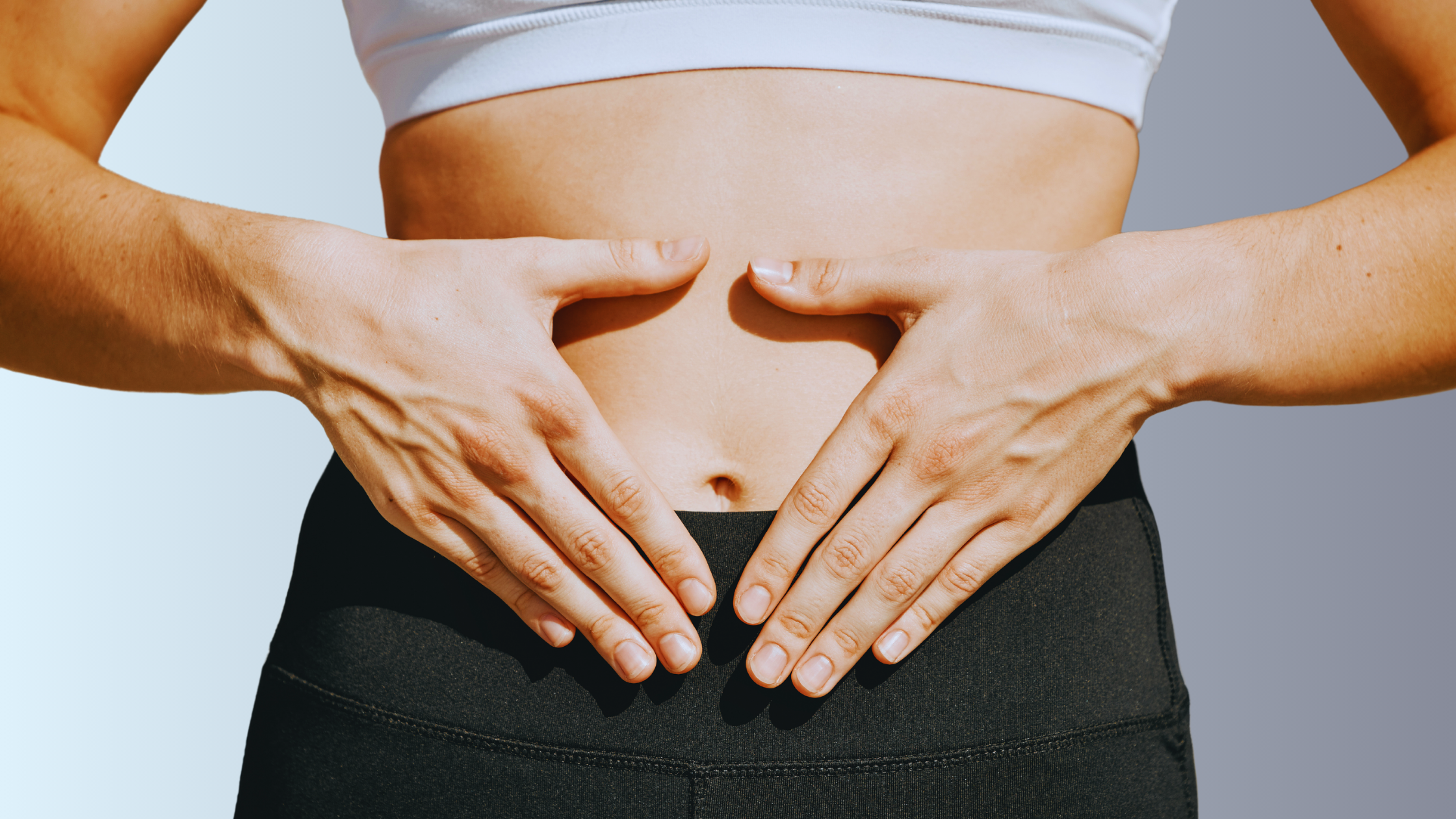Want a happier gut? – Health Coach and Wellness Strategist Laura LeBlanc shares simple science-backed tips that can improve digestion and reduce bloating to help your bloat be gone.
Let’s face it—bloating is more than just a annoying, it’s downright frustrating. One minute you’re feeling fine and the next you’re feeling sluggish, heavy and uncomfortable. I’ve been there—struggling with belly bloat and digestive discomfort, wondering if I’d ever feel normal again. Now, here’s the good news: you don’t have to live this way. With a few small, science-backed changes to the way you eat, you can reduce bloating and improve digestion for good. No quick-fix gimmicks or fad diets—just real, science-backed tips that actually work.
What Causes Bloating?
Before you can fix it, you need to know what’s causing it. Bloating can be triggered by poor diet, imbalances in gut bacteria, food intolerances, and even stress. Yes, stress can wreak havoc on your digestion! The solution isn’t about cutting out all your favorite foods—it’s about adding more gut-friendly, anti-inflammatory options to your meals, eating mindfully, and discovering which foods and portion sizes your body can properly digest and thrive on.
1. Fiber Is Your Friend (But Don’t Overdo It)
Fiber is a game-changer when it comes to improving digestion and preventing bloating. It keeps things moving and supports gut health, but too much fiber too quickly can backfire.
- Action Step: Add fiber gradually. Include foods like oats, apples, carrots, and flaxseeds for a balanced mix of soluble and insoluble fiber.
- The Science: A study in the Journal of Nutrition found that a high-fiber diet reduces digestive issues like bloating—but moderation is key.
2. Hydration Is Non-Negotiable
Water is your gut’s best ally. Staying hydrated helps your body process fiber, prevents constipation, and reduces bloating.
- Action Step: Aim to drink a 1/2 ounce of water for every pound of body weight daily, and adjust based on your activity level and climate.
- The Science: A study in the American Journal of Gastroenterology found that participants who upped their water intake reported significant reductions in bloating.
3. Probiotics: The Gut’s Best Friends
A healthy gut microbiome is the foundation of good digestion. Probiotics help restore balance and fight bloating.
- Action Step: incorporate probiotic rich foods such as yogurt, kefir, sauerkraut, and kombucha into your meals. You can also consider taking a quality probiotic supplement.
- The Science: Research in the World Journal of Gastroenterology shows probiotics reduce bloating and improve gut health.
4. Mindful Eating: Slow Down, Chew More
Eating too fast can cause you to swallow air, leading to bloating. Slowing down and chewing thoroughly helps digestion and reduces discomfort.
- Action Step: Put down your fork between bites and take your time to chew and enjoy every bite. .
- The Science: A study in the American Journal of Clinical Nutrition highlighted the benefits of mindful eating in reducing bloating and improving overall digestion.
5. Identify and Eliminate Trigger Foods
Every gut is unique. Foods like dairy, gluten, artificial sweeteners, and even some vegetables (like broccoli or cabbage) can trigger bloating in certain people.
- Action Step: Keep a food diary to identify patterns and pinpoint your personal triggers.
- The Science: A study in the Gastroenterology Journal showed that eliminating specific trigger foods significantly reduced bloating in participants with IBS.
Bloating doesn’t have to be something you just “deal with.” These five simple strategies can help you improve digestion, reduce inflammation, and finally kick belly bloat to the curb. Remember, it’s not about doing everything perfectly—it’s about taking small, consistent steps that add up over time. Pick just one of these tips to start today, and before you know it, you’ll be feeling lighter, more energized, and more comfortable in your body.
For more free tips and tools to support your health and wellness journey,
>>> CLICK HERE <<< to download my free guides

